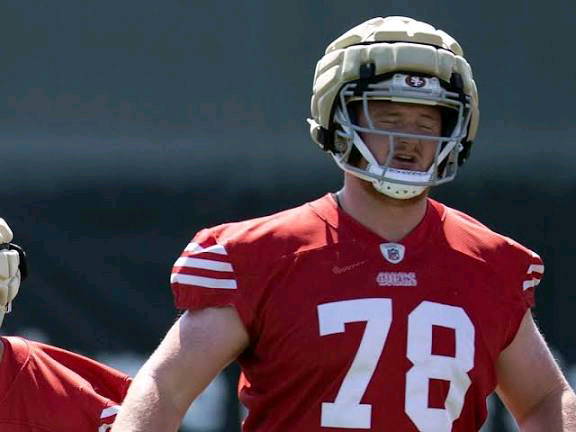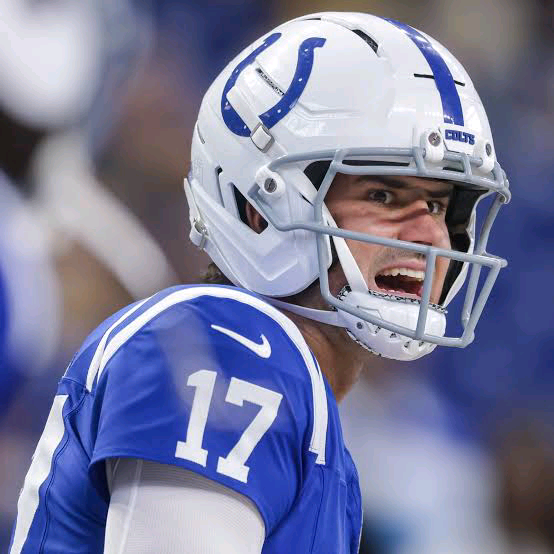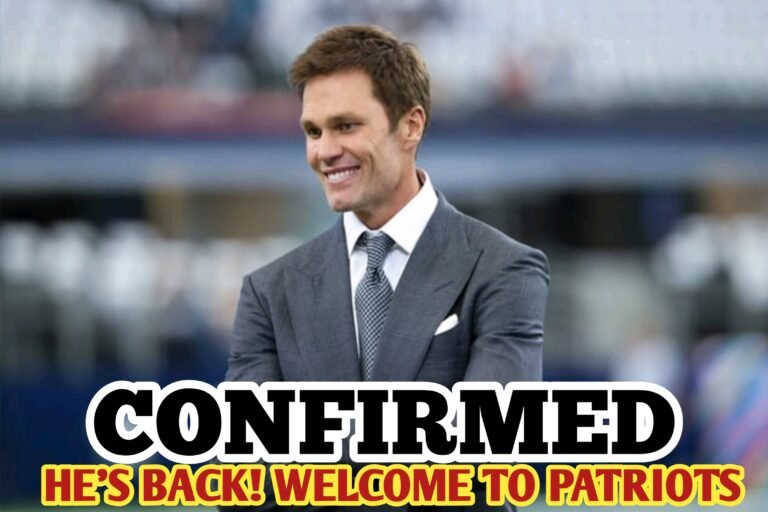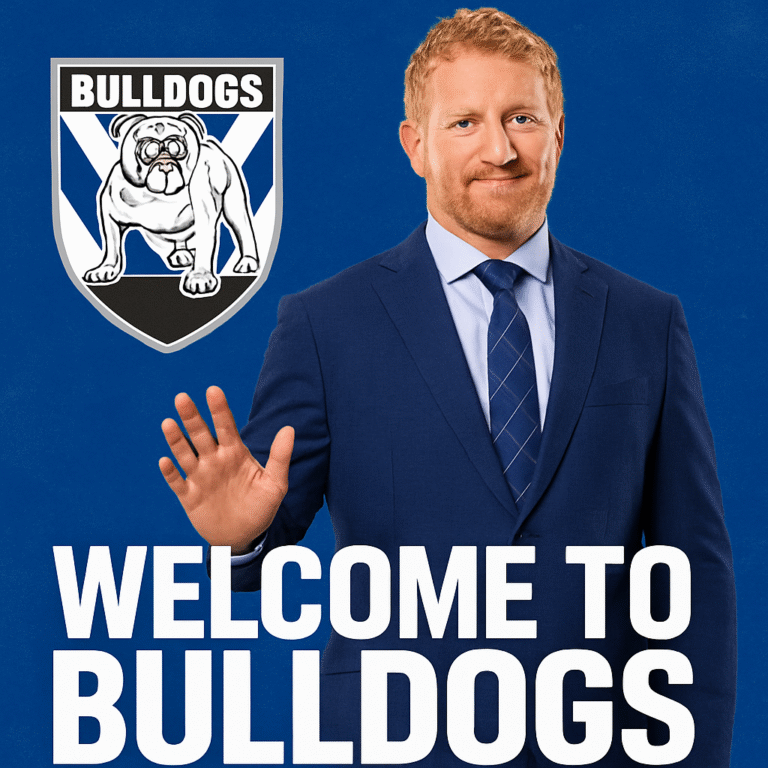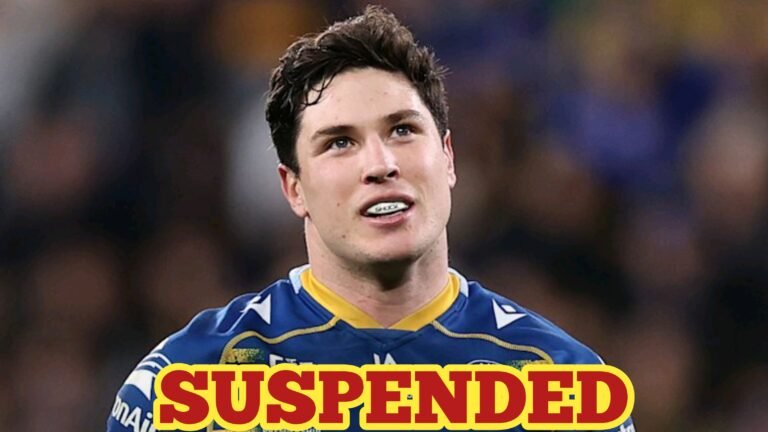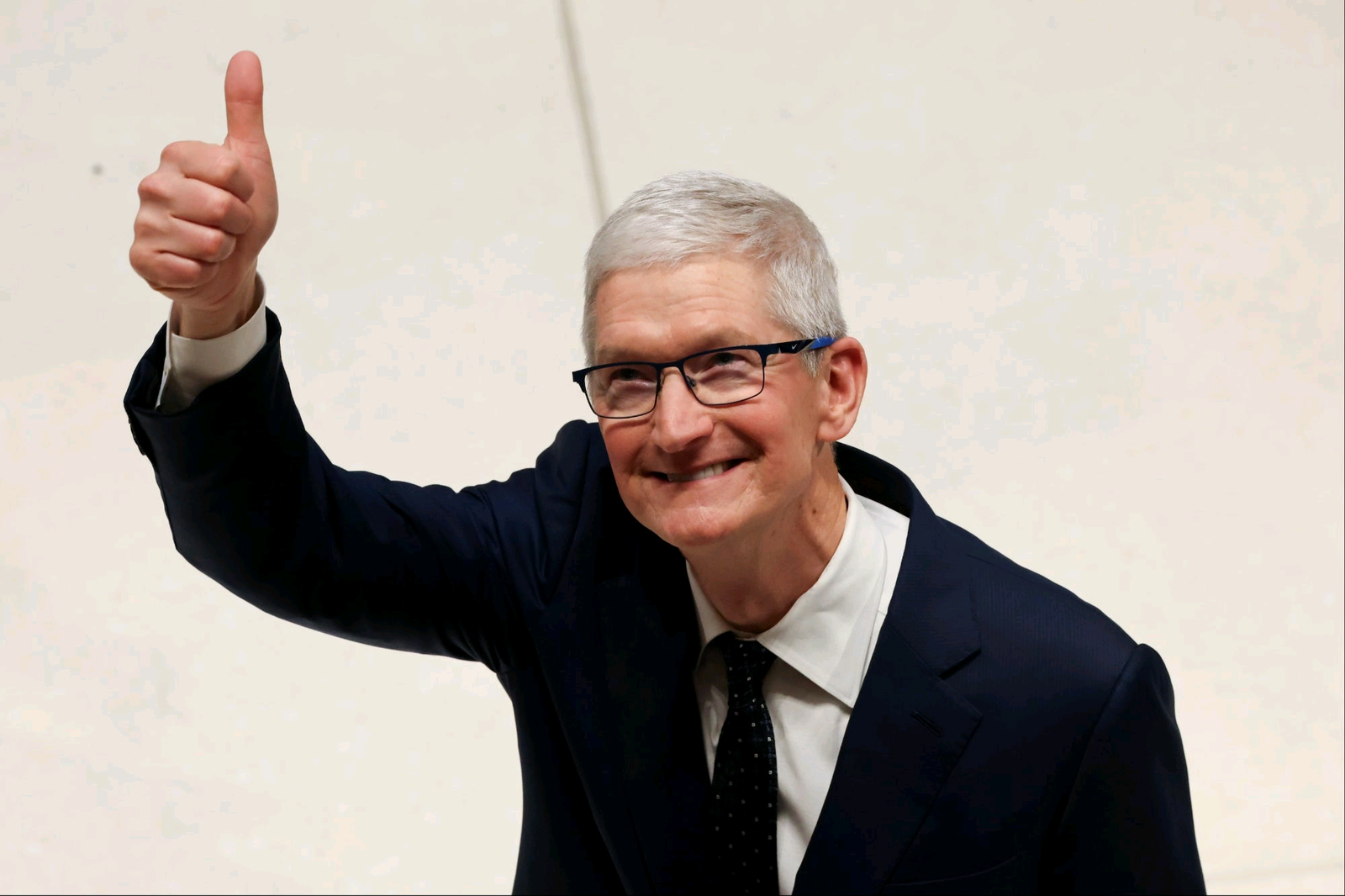
Dak Prescott’s One-Sentence Response to Tim Cook’s $250 Million LGBT Offer Stuns the NFL
In a headline-making turn of events, Dallas Cowboys quarterback Dak Prescott reportedly turned down a monumental $250 million offer from Apple CEO and prominent LGBTQ+ billionaire Tim Cook. The proposal, which included a massive endorsement deal and a Dallas-based sponsorship, came with one major condition: that Prescott become the face of a lifetime pro-LGBTQ+ advertising campaign.
Sources familiar with the meeting say the campaign would have been historic, aiming to amplify LGBTQ+ visibility and allyship within the National Football League—a league where such public support from a high-profile star like Prescott could shift the cultural needle significantly.
Tim Cook’s vision was described as bold and far-reaching. The deal would position Prescott as a long-term advocate for LGBTQ+ rights, appearing in commercials, public awareness initiatives, and speaking engagements designed to promote inclusion, equality, and acceptance. The campaign was expected to draw global attention, especially given the NFL’s traditionally conservative audience and influence.
But it wasn’t the size of the offer that stunned the sports world—it was Dak Prescott’s response.
In what is being called one of the most striking moments in recent sports-business history, Prescott reportedly responded to the offer with a single, powerful sentence:
“I stand with love and respect for all, but my integrity is not for sale.”
Delivered with calm conviction, the statement left the room silent, according to those present. Though respectful in tone, Prescott’s response was a clear refusal to allow money to dictate his public stance on any issue—even one as significant as LGBTQ+ rights.
Almost immediately, the response triggered a firestorm across social media and within the NFL community. Many commended Prescott for standing by his principles, refusing to be swayed by money or pressure to align himself with any movement unless it comes from personal conviction. Supporters argued that true allyship cannot be bought and praised the quarterback’s commitment to authenticity.
Critics, however, questioned why he wouldn’t seize the opportunity to use his platform to advocate for a marginalized community. Some LGBTQ+ activists expressed disappointment, suggesting that while his words weren’t hateful, his silence could be interpreted as a missed opportunity for progress.
NFL personalities and media figures were quick to weigh in. ESPN’s Stephen A. Smith commented:
> “What Dak said wasn’t anti-anything. It was pro-authenticity. He’s not saying he doesn’t support the LGBTQ+ community—he’s saying he won’t be paid to speak for anyone he’s not ready to represent fully.”

Former NFL player and LGBTQ+ advocate Ryan O’Callaghan took a different view:
> “Representation matters. Dak’s platform could have changed lives. A neutral stance may feel respectful, but in times like these, it’s not always enough.”
Neither Prescott nor Apple has issued an official public statement since the report surfaced, but the situation has continued to spark intense debate. Is it enough to “stand with love” in principle, or does allyship require public action—especially from influential figures?
What’s undeniable is that Dak Prescott’s 13-word response has launched a national conversation about values, identity, and the fine line between support and sponsorship. Regardless of where one stands on the issue, his refusal to compromise his principles—whether applauded or criticized—will be remembered as a defining moment in both his career and the evolving dialogue around activism in sports.
